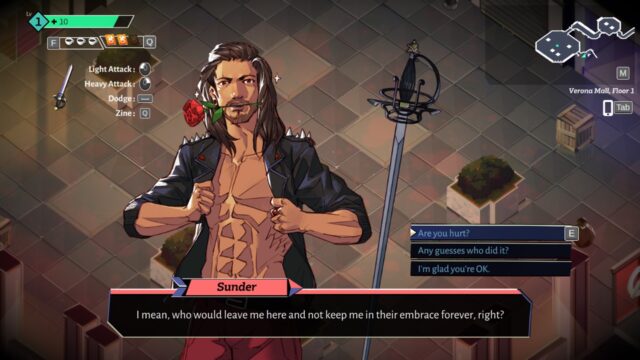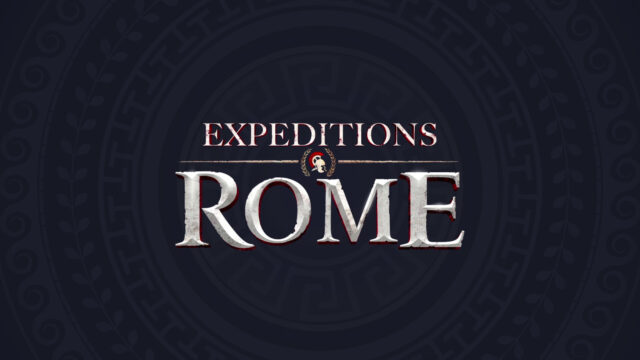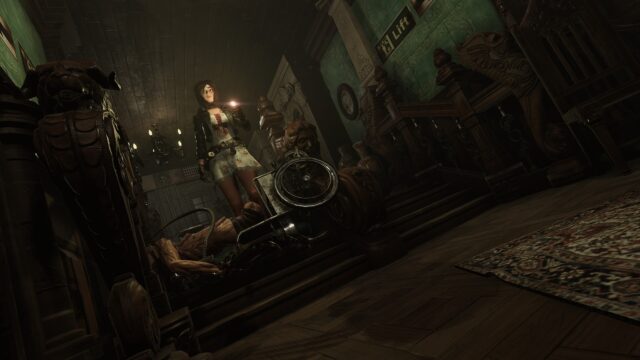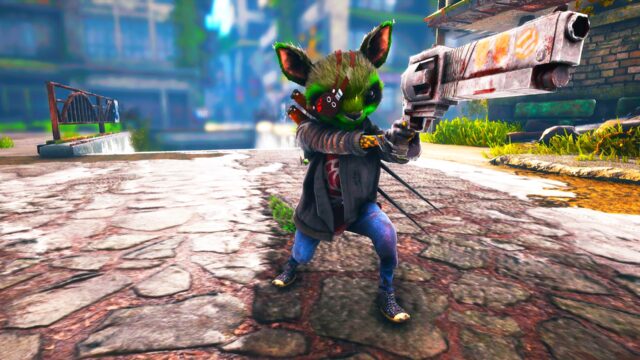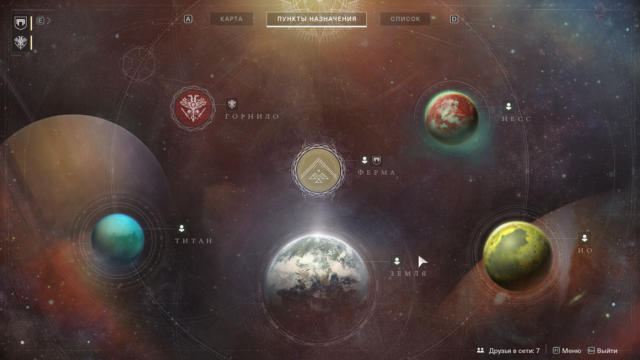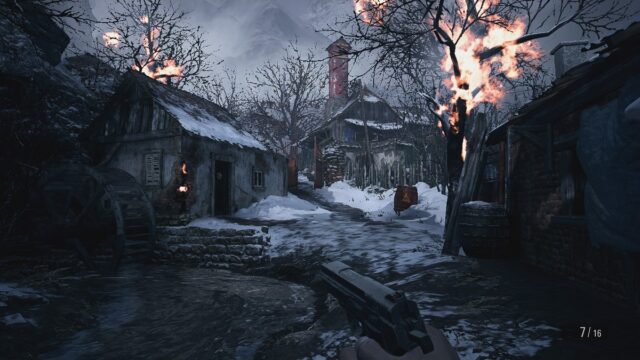From the Sale: Windward

This is some kind of miracle. How did a chamber game about endless Caribbean adventures with a world generator come out on Steam not in the Early-Access-Alpha-0.37 version, but as a ready-made game? When was the last time something like this happened?
Nevertheless, here it is, a rare bird.
**
The main mechanical drawback of a huge number of games about pirate ships is the Hardcore and Realism elements in the form of colorful decreasing bars for “Food Supply,” “Water Supply,” “Crew Morale,” and others.
It’s not hard to guess why we keep getting several iron weights on our feet each time. Just imagine another studio brainstorming session where they discuss what interesting things to include in the game.
– Let’s add immersion in the world! Make players buy provisions! And they should separately provide alcohol for the crew!
– Exactly! And let’s pay the crew every month!
– And let there be a risk of scurvy! Let them carry limes!
– But limes will decrease morale! We should make the crew periodically go ashore on islands where there are brothels!
– Awesome!
Sounds great, but the gameplay is mediocre. If in racing games you had to refuel before each race (one click – enter the fuel menu, one click – select the desired fuel, one click – confirm, one more click – exit the menu), change tires (four more clicks), and pay technicians (let’s spare ourselves and imagine a successful design with a convenient payment button and just one click before the race), these games would live in a hardcore ghetto even tougher than Europa Universalis.
But pirates – they endure.
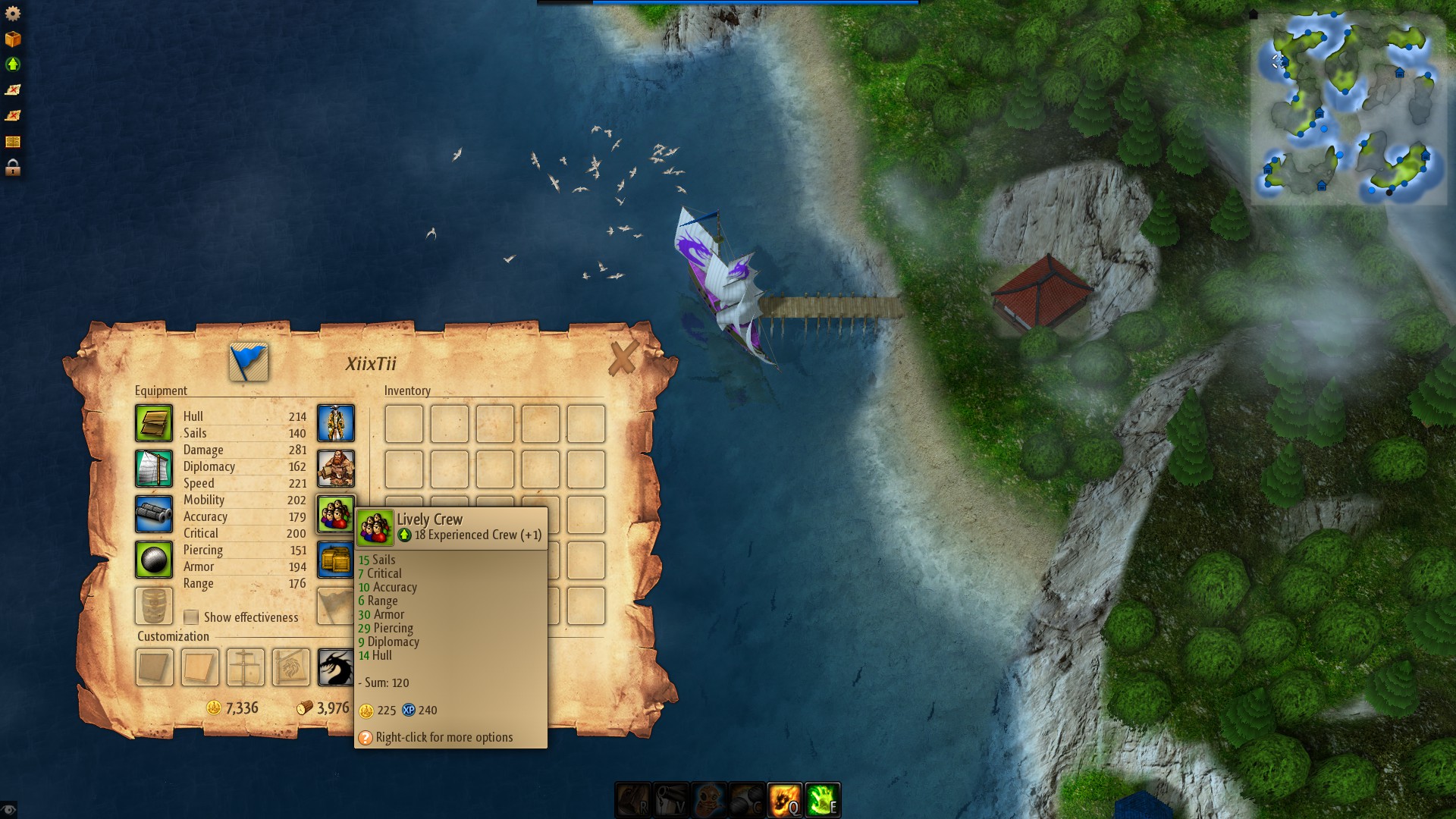
But, alas, this is only the first act of our drama. The second act is when a whole generation of projects filled with the aforementioned garbage came out. At this stage, the discussion is reduced to:
– And what about the food team?
– Well, that’s a mandatory classic element, where would we be without it.
And that’s it, we are doomed to eternal monotonous filling of useless tiles, the hypothetical pleasure of “smart management and careful monitoring” of which was initially doubtful.
Fortunately, we have finally reached Windward and the turning point of the story, where some tiles simply disappeared, and others mutated into something else. There are three accumulated resources – wood, stone, and gunpowder. The first is mainly needed for repairs, the second for quests, and the third for cannons. And all three of these resources accumulate on their own – they are salvaged from sunken ships, given as rewards, taken from pirates, and simply float aimlessly in the sea. The shortage of any stone will be felt for a maximum of the first half hour of the game, and then in order to deplete your supplies, you will have to try very, very hard to ruin your own game. In other words, you can safely forget about a hungry and dissatisfied team and a 90% decrease in combat power due to low morale.
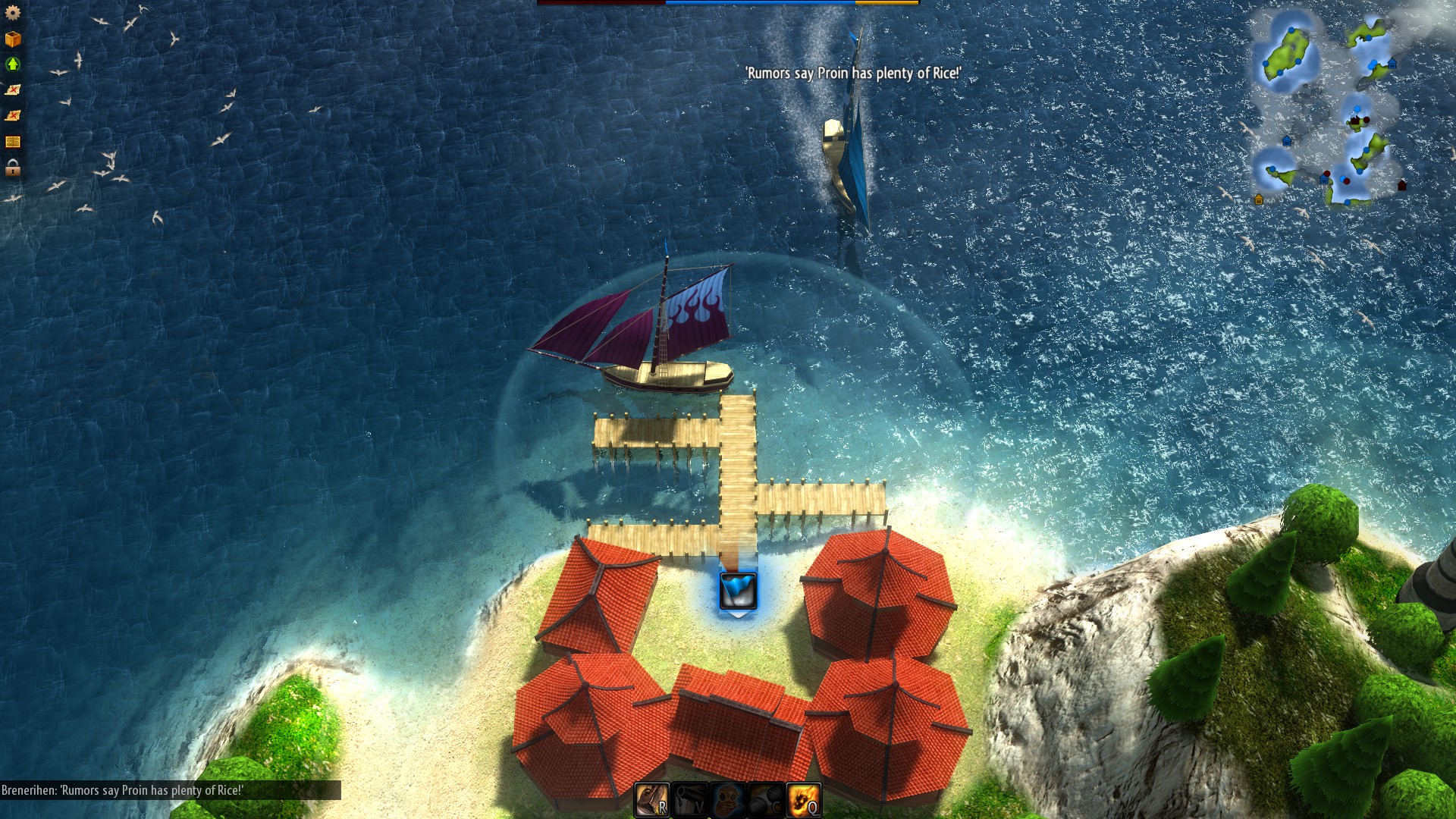
Like the team in general. The fuss with the shortage of buccaneers, their diseases, mutinies, and other nonsense is a thing of the past. Now the “Team” is a slot in the inventory, on par with “Cannons” and “Sails”. In other words, now you can stock up on “Active Gang of Cutthroats +3” with fixed bonuses and sail with them across the seas until you turn blue.
The main inventory is allocated for such “items” in the game. Strangely enough, “simple cargo” like one hypothetical trading unit of spices, purchased in peaceful ports, occupies slots for active quests. At the beginning of the game, there are only two of these slots, by the way. So, you can simultaneously hunt down one pirate and transport one trade cargo. This system is intuitively unclear and confusing at first. You look at your empty inventory slots and wonder why you can’t load another ten thousand of everything in the world onto your ship? And why can’t you take new quests?
Until you figure out what is what, life in Windward will be full of deprivation and stress tests for your nervous system. The designers should have put a little more effort into not forcing gamers to adjust to the system by poking around in the sky. But once you grasp the local Zen, everything not only falls into place but also amazes with its amazing orderliness and harmony. On the one hand, you can’t sit still, on the other hand, you can’t take twenty quests at once and leave with a light double benefit of grinding pirates.
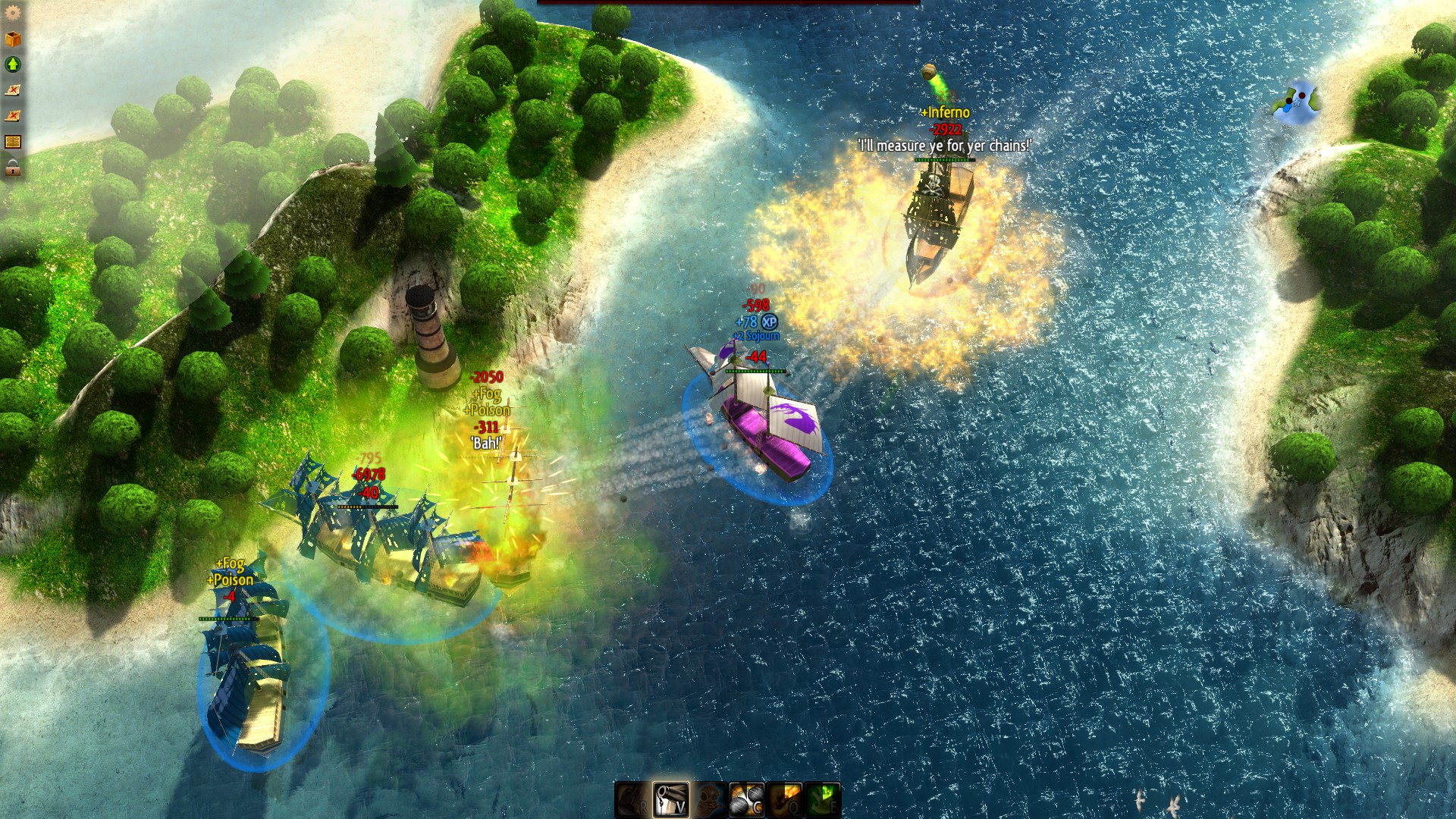
Personally, I would already give Windward 11 out of 10 for these innovations alone. However, it is another matter that you can’t survive on mechanics alone, you also need content.
The global maps are generated as follows: several isolated starting sectors are given, from which chains of regions lead to a large central ocean. The closer to the center, the higher the stakes and the tougher the pirates.
By default, a relatively peaceful life only flows in the starting squares. All other regions will have to be systematically cleared of those who like to sail the seas under the black flag. There are two main differences between hotspots and stability islands. First of all, in “black” regions, normal trading is not possible, and yes – the controlled coastlines have much more clashes with these very buccaneers.
Half of the fun of Windward lies in the exciting fleet battles with pirates. It was absolutely impossible to guess from the promotional images and initial impressions, but it turned out that the local combat is surprisingly arcade-like. You gain speed, turn sideways, unleash volleys with selected ammunition, throw super-attacks like barrels of napalm at the enemies, and enjoy the lively life.
In typical pirate games, what happens? You load up on provisions, attack a ship or two, if you survive, you go back to the bay to heal your wounds and sell your goods. Here, right after leaving the port, you can easily sink five ships, then repair yourself on the spot and encounter a dozen or so new naval battles. There’s no way to get bored.
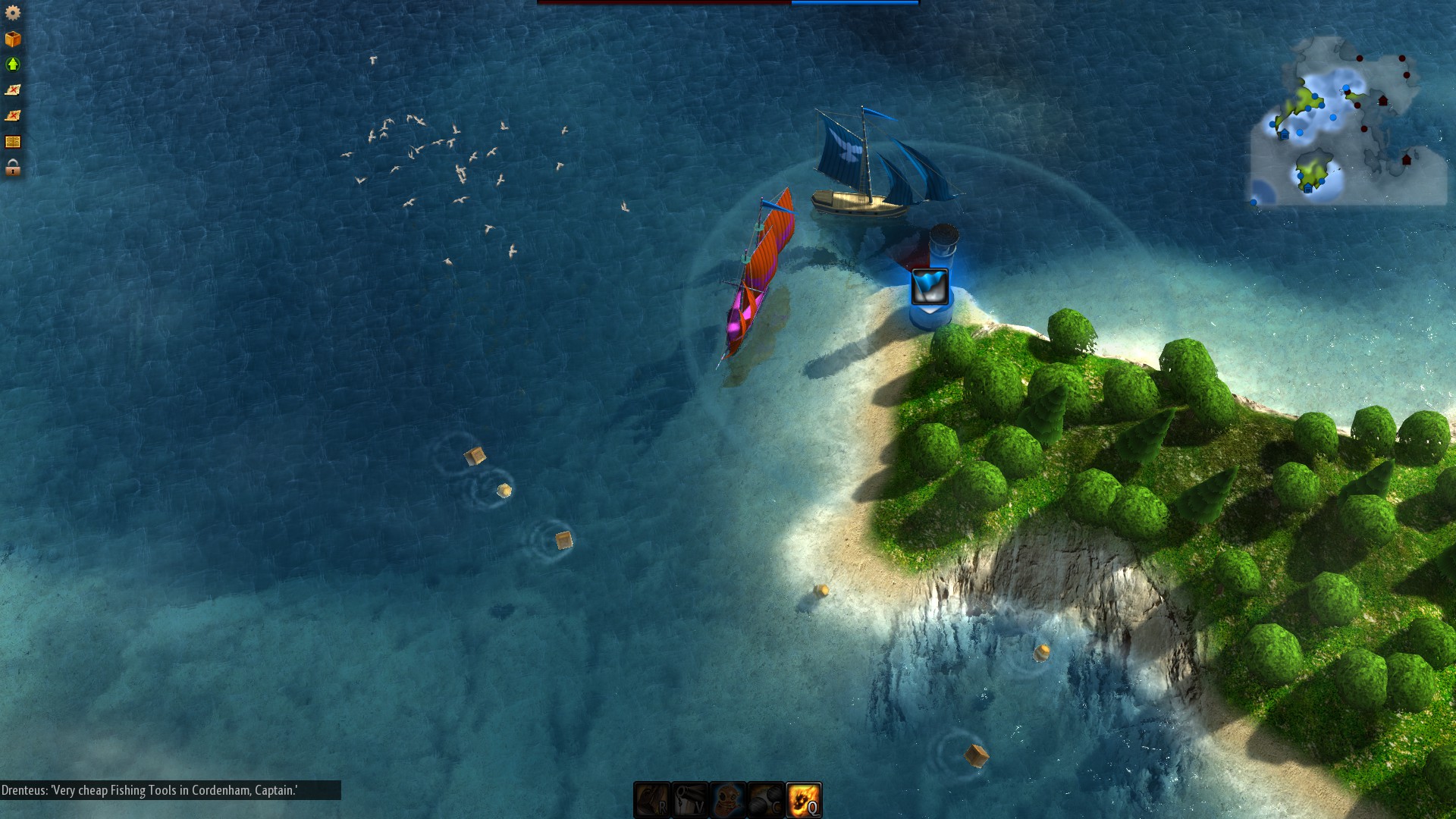
Peaceful adventures, on the other hand, will be without much excitement. Of course, there will be requests in the ports to hunt down individual pirates and repel raids, but the majority of quests given by cities are dedicated to uneventful journeys from point A to point B, and from there to point C. After the intense battles, becoming a trader in Windward seems boring.
A typical game scenario is entering a “black region,” spending half an hour (or more) fighting for control of the territory with pirates, then calmly earning money for good upgrades through peaceful quests and moving on to a new sector. And so on until it gets boring.
It won’t get boring right away, if at all.
Share
Discuss
More Reviews
